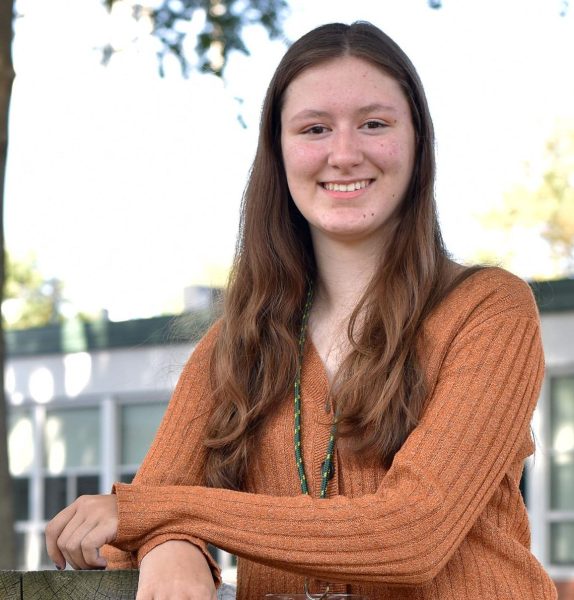The Academy has changed multiple regulations surrounding the nomination of films for Oscars in the future. This has come out of backlash from viewers who want a more even playing field for films to compete on.
Under the new regulations, all Academy voters are required to watch every nominated film in a category to be able to vote. This eliminates possible bias from the majority watching only a select number of films.
The trend voters have followed in the past decade has been the most watched films won the Oscars rather than the best quality films. This is known as coattail voting. The Oscars are meant to show the best, most innovative movies and award them for their accomplishments. By coattail voting, viewers worry that it doesn’t fairly represent each film like an award show should. With the new regulations in place, the Academy is hoping that it will encourage this equality.
Another new regulation being introduced is the ability for filmmakers with asylum or refugee status to represent a different country than the country they are originally from.
The director of “The Seed of a Sacred Fig” was granted asylum in Germany and was then allowed to enter the film under Germany rather than Iran, where he was born.
This permits small or ignored refugee filmmakers to have the same chances as Hollywood directors and give representation to those with little.
The last change made by the Academy is new rules surrounding the use of AI. AI can be allowed in films if it doesn’t impede the inherently human creative aspects such as plot and creative vision.
These new regulations will be in effect for the 2026 award season and are projected to stay in the future.







